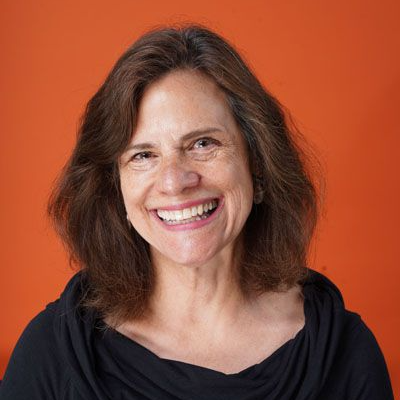Maryland education leaders have rewritten portions of the state’s social studies curriculum to reflect rising concerns about antisemitism since the Oct. 7, 2023 attack on Israel by Hamas and the ensuing war in Gaza.
The rewrite, which concerned only a tiny portion of the overall curriculum, took about a year and involved a host of revisions before the Maryland State Board of Education voted on it Tuesday. But the rewrite was criticized at points for some of the changes and for initially leaving social studies teachers out of the process.
Maryland legislators last year proposed a bill called Educate to Stop the Hate, which would have made revisions to the social studies curriculum based on what the bill described as “historical contexts of racism and prejudice.”
But before the legislature took final action on the bill, the Maryland State Department of Education intervened.
Writing standards for what school systems should teach students at different grade levels has always been the job of the education department, not the legislature, so the education department told legislators they would make the changes.
State School Superintendent Carey Wright said the department formed its own committee.
The committee was co-chaired by Peter Phineas Ramsey, director of social studies at the education department, and Howard Libit, the executive director of the Baltimore Jewish Council.
Wright said the work began with the belief that antisemitism was a problem both nationally and in the state, as well as a concern that “the Holocaust was as not as prominent as it should be in the curriculum.”
As the work progressed, Libit said, the committee broadened its aim to include, for instance, more information about Asian American history.
When the panel was formed, the state did not seek representation from an advocate from the Muslim community. Ramsey said they didn’t ask those joining the panel about their race, sex, or religion.
At one point, social studies teachers felt left out of the process, said Paul Lemle, president of the Maryland State Education Association, the largest teachers union in the state. Lemle taught social studies in Howard County.
“Ideally, when MSDE works on politically fraught educational topics, they should include a wide array of views from diverse stakeholders,” Lemle said.
After the first presentations of the work came out in January, Lemle said, the union suggested changes.
The state committee considered the concerns of local social study teachers and this spring held 12 hours of talks with educators.
Criticism of the draft included concerns that all mentions of Palestine were removed.
As one commenter, who was not identified by the state, wrote: “The erasure of this group historically and contemporarily is very disturbing and harmful.”
There was one reference to Palestine in the old standards in a sentence that talked about the “Israeli-Palestinian conflict.” That was removed and the Middle East was included instead in the rewritten sentence, which says: “Examining how regional conflicts and diplomacy have influenced efforts toward stability and cooperation in the Middle East.”
The new standards also stop at 1994 so that teachers are not required to cover current conflicts.
That includes the current war, which was sparked by Hamas’ surprise attack on southern Israel on Oct. 7, 2023. Militants killed more than 1,200 people, mostly civilians, and took 251 people hostage. Israel responded with a 21-month military campaign that Gaza’s Health Ministry says has killed more than 56,000 people, more than half of whom it says are women and children.
In Maryland, local school systems write their own curriculum based on a set of standards like those just passed for social studies. As a result, teachers have some latitude to teach what they want, including referring to the history of Palestine.
Some of the changes, all highlighted in the document, are designed to make the standards more straightforward and written in plain language. Other changes try to cover slightly less history than before.
Lemle, with the teachers union, told the board before Tuesday’s vote that he was satisfied the new version was more aligned with what teachers and other community advocates wanted. The goal, he said, is to have students who are “well-rounded, more globally minded, and better equipped for critical thinking.”
About the Education Hub
This reporting is part of The Banner’s Education Hub, community-funded journalism that provides parents with resources they need to make decisions about how their children learn. Read more.





Comments
Welcome to The Banner's subscriber-only commenting community. Please review our community guidelines.